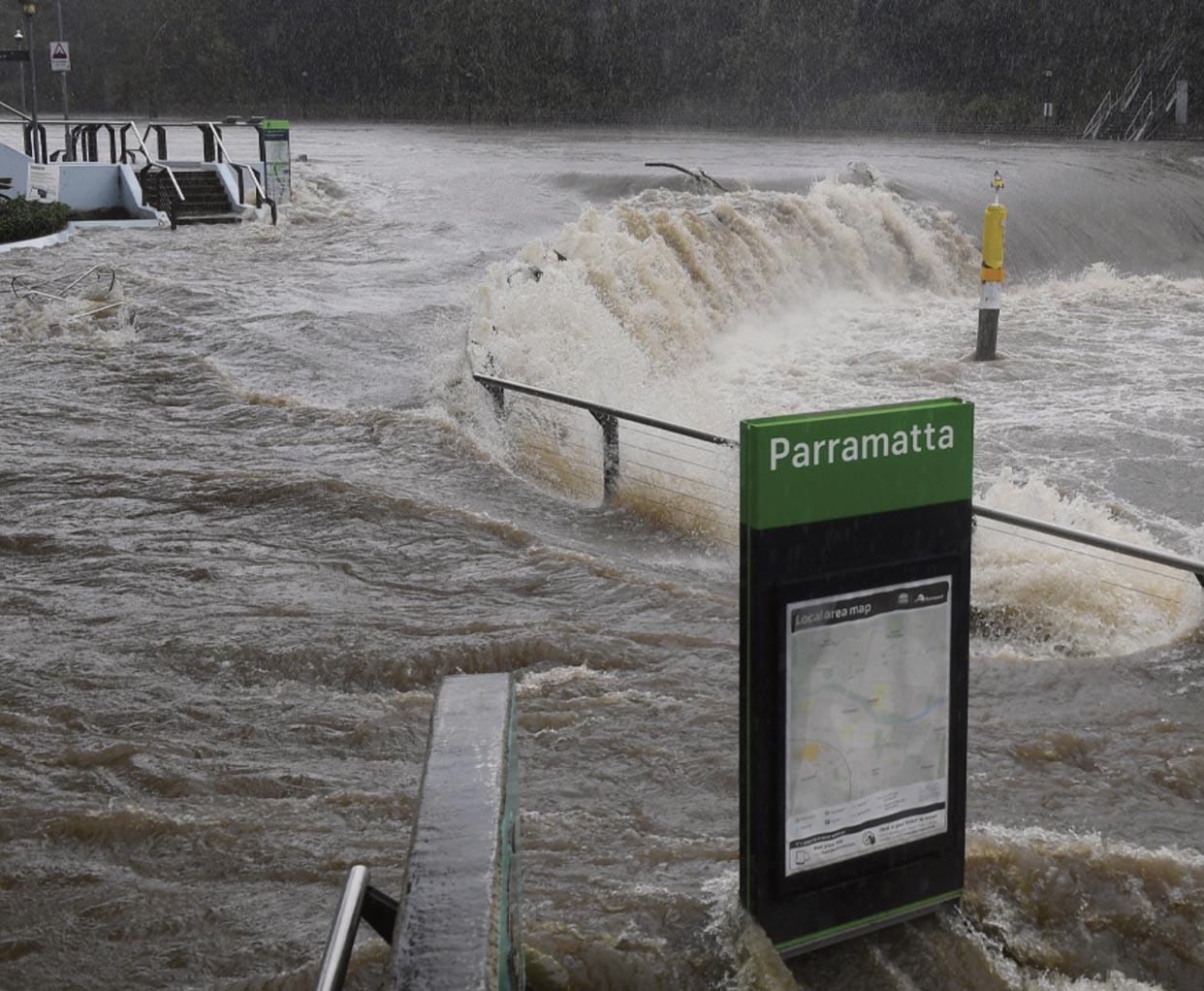LITTLE CHOICE, NO CONTROL A planned overhaul of the National Disability Insurance Scheme has been soundly rejected by the disability sector. Christopher Kelly reports. he federal government’s proposal to introduce independent assessors to review people’s eligibility for the NDIS has been slammed by Australia’s disability community. Under the changes — to be implemented later this year — important decisions about whether a person can access the scheme and how much funding they’ll receive will be based on a mandatory assessment undertaken by a health practitioner unknown to the individual being assessed. In written submissions to a joint parliamentary committee exploring the proposal, disabled people’s organisations and other advocacy groups have denounced the move as “retrograde” and “fundamentally flawed”. “The disability community is deeply concerned with the introduction of independent assessments and the changes the National Disability Insurance Agency (NDIA) is proposing,” said Children and Young People with Disability Australia (CYDA) in a statement. Describing the reforms as “rushed and opaque”, CYDA added: “There is a lack of genuine engagement with the communities who will feel the impacts.” It’s a complaint shared across the sector. “People with disabilities and
T
their representatives have not been sufficiently consulted or included in either the decision to introduce independent assessments or the development of the proposed model of assessments,” said People with Disabilities ACT. “The continuing consultation process has lacked a commitment to be responsive to, and inclusive of, the views of people with disabilities.” Other areas of concern — and there are many — include: the fixed time limits of assessments (three hours); an assessor’s lack of specific disability knowledge or experience; and the use of unproven and oversimplistic standardised assessment tools. Some background: in 2013, the NDIS was launched to support people with disability to access services and resources. However, since its implementation, the NDIS has come under fire for its confusing and restrictive access processes. Unnecessary barriers have meant that the NDIS supports only a fraction of Australia’s disability community — just 10 percent. Following reports of difficulties and dissatisfaction with the scheme, the NDIA decided to trial an independent assessment pilot and review. The first pilot stage began in 2019 across nine regions in NSW. (A second pilot was set to take place in the first half of last year but was discontinued in March 2020 due to the
14 | Inner Sydney Voice | Winter 2021 | innersydneyvoice.org.au
COVID pandemic.) Following the first pilot — and despite an acknowledgement that there were “significant limitations” with this initial experiment — a review of the National Disability Insurance Scheme Act 2013 was conducted. The Tune Review, as it became known, formed the basis for the decision to mandate the introduction of independent assessments for all users of the NDIS — current and future. However, while the Tune Review indicated that the pilot resulted in “more consistent decisions and more equitable plan outcomes for participants”, it did not recommend universal and mandatory roll out of independent assessors without user choice or control over who would be assessing them. Furthermore, the Tune Review not only defended a participant’s right to choose an assessor appropriate for their personal circumstance, but also their right to challenge outcomes after assessments were made. So far, neither of these recommendations have been included in the reform plans released by the NDIA. “In absence of protections and flexibility for participants, we are extremely concerned that basic funding decisions on an assessment conducted by an entirely impartial assessor who does not know the individual will likely result in an incorrect evaluation of an


















